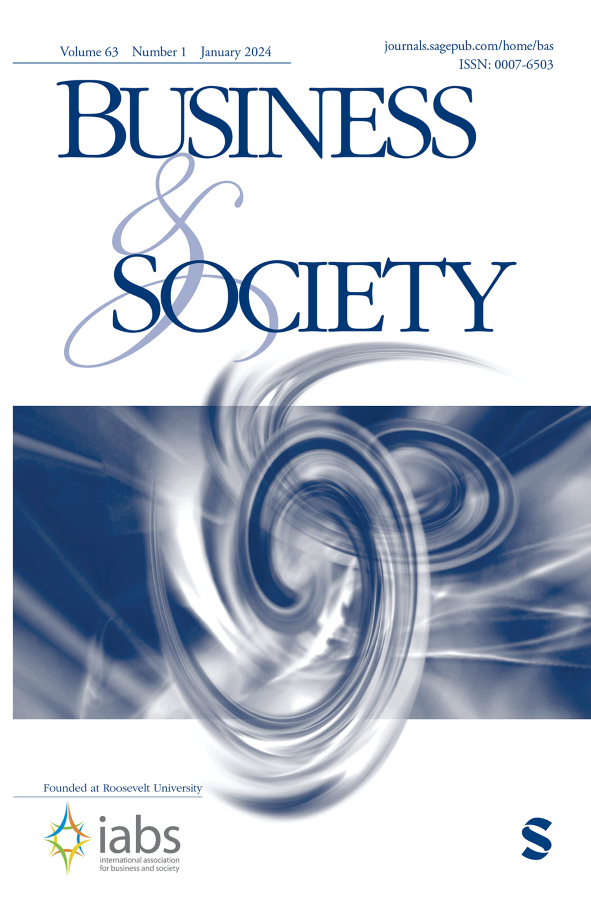骗他们,不骗我?假新闻如何影响评价者的声誉判断和行为意向
IF 6
3区 管理学
Q1 BUSINESS
引用次数: 0
摘要
数字媒体领域的假新闻数量不断增加,对组织的声誉造成了新的威胁。与此同时,个人对假新闻的存在也有了更多的认识。因此,假新闻如何影响评估者的声誉判断仍不清楚。在本文中,我们借鉴了一阶判断(即个体评价者的声誉判断)和二阶判断(即个体评价者对其他评价者声誉判断的信念)之间的区别。我们将这一区别与传播研究和社会心理学的见解相结合,从理论上阐述了假新闻如何影响声誉判断和行为意图。通过三项实验研究,我们发现假新闻对二阶声誉判断的负面影响更大,对声誉良好的组织的影响更大。此外,我们的研究结果表明,虽然假新闻对一阶判断的影响较小,但后者会适应二阶判断,从而影响行为意向。首先,本文在全面理解假新闻对声誉和行为意向的复杂影响方面迈出了第一步,为声誉形成的微观认知视角做出了贡献。其次,本文有助于我们理解良好的先前声誉是缓冲还是负担的作用。本文章由计算机程序翻译,如有差异,请以英文原文为准。
Fooling Them, Not Me? How Fake News Affects Evaluators’ Reputation Judgments and Behavioral Intentions
The volume of fake news in the digital media landscape is increasing, creating a new threat to organizations’ reputations. At the same time, individuals are more aware of the existence of fake news. It thus remains unclear how fake news affects evaluators’ reputation judgments. In this article, we draw on the distinction between first-order judgments (i.e., an individual evaluator’s reputation judgment) and second-order judgments (i.e., an individual evaluator’s belief about the reputation judgments of other evaluators). We integrate this distinction with insights from communication research and social psychology to theorize how fake news affects reputation judgments and behavioral intentions. Through three experimental studies, we show that the negative effect of fake news is larger for second-order reputation judgments and that this effect is greater for organizations with a positive reputation. Furthermore, our results indicate that although fake news has a smaller effect on first-order judgments, the latter adapt to second-order judgments and thereby affect behavioral intentions. This article contributes, first, to the micro-cognitive perspective on reputation formation by taking the first step in developing a comprehensive understanding of the intricate impact of fake news on reputation and behavioral intentions. Second, this article contributes to our understanding of the role of a good prior reputation as a buffer or a burden.
求助全文
通过发布文献求助,成功后即可免费获取论文全文。
去求助
来源期刊

Business & Society
BUSINESS-
CiteScore
14.80
自引率
11.40%
发文量
56
期刊介绍:
Business & Society publishes original research, book reviews, and dissertation abstracts relating to business ethics, business-government relations, corporate governance, corporate social performance, and environmental-management issues. Manuscripts relating to the field of business and society in general are also published. Submissions of theoretical/ conceptual work as well as empirical studies are encouraged. Business & Society is the first peer-reviewed scholarly publication devoted exclusively to the field of business and society, and it is the official journal of the International Association for Business and Society (I.A.B.S.), the only independent professional association dedicated to business and society teaching and research.
 求助内容:
求助内容: 应助结果提醒方式:
应助结果提醒方式:


